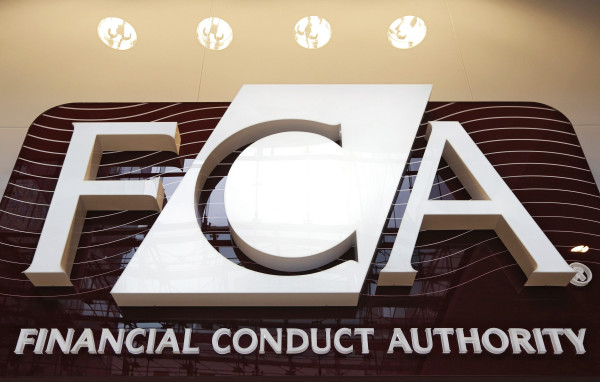

Advisers have been warned they face fresh scrutiny because new European rules give the Financial Conduct Authority more powers to act.
The product governance rules of Mifid II include requirements that manufacturers and distributors of products get to know their target markets.
This means advisers will have to consider which target market a product is likely to be suitable for, have a distribution strategy for their target market and review the products they offer regularly.
Rory Percival, a consultant and former technical specialist at the FCA, said this will mean the regulator will be able to go into advice firms and ask to see how their clients are segmented.
He said: "There are a number of reasons why in due course product governance will become very high profile with the regulator.
"It puts into rules the view that the regulator has expounded for all these years about keeping the client at the heart of your decision process.
"Treating customers fairly is very airy fairy but product governance gives you all of that and gives you the steps you need to take and what both manufacturers and distributors need to do.
"That makes it much easier for the regulator to take action against firms doing things it is not happy with."
The FCA had product governance requirements before the introduction of Mifid II, but they were narrower than the new rules in terms of the financial instruments they covered.
Under the new rules, manufacturers - such as fund managers - must define a target market for each of their products.
Advisers will need to be aware of these and consider this when giving advice.
They must also report any sales outside the target market back to the manufacturer - though there are no rules to say selling a product outside its target market is necessarily wrong.
Some of the examples of things which the FCA might be able to crack down on with these new rules include value for money, and the appropriate use of platforms by advisers.
In its most recent business plan, the FCA expressed concern about advisers giving "insufficient attention" to the total cost of investment products and advice, which results in poor value for money.
Mr Percival said there was previously no rule structure that would allow the FCA to look at something like value for money, but he said Mifid II would allow it to ask advisers to show it how they have segmented their clients and what products they use for each segment.
Philip Deeks, technical director at compliance consultancy TCC, who also used to work in the FCA's financial advice team, said: "The product governance rules have brought more into focus the regulatory expectations in this area.
"The FCA is expecting firms to take more of a step back and ask themselves who are their clients and how can the firm meet their needs.
"In terms of your proposition, there is an increasing expectation that you know who your target clients are. That is what we started to see with the Retail Distribution Review and we are seeing it more now with Mifid II."
He said value for money was an area where these new rules might be of use, since it is difficult to measure this without a detailed understanding of a firm's proposition.
Both Mr Percival and Mr Deeks said a market study on advice was likely in the near future so the FCA could look into these issues.
But Mr Deeks pointed out the FCA has already done a market study on asset management, and is currently doing one on platforms, so looking into the advice market would be the "natural next step".
Mr Percival said: "It is not going to be an issue in the next year because I don't think the regulator has got any time because it is doing so much on defined benefit transfers. The second part of the suitability review is in 2019, so it will be after that."
Last week the FCA published plans to overhaul pension transfer advice, including how advisers charge for what is increasingly becoming the mainstay of many of their businesses.
Under the new regime the cost of offering defined benefit pension transfer advice is set to soar by up to £10,000 per pension adviser in just the first year of proposed new rules being introduced, which may push the question of value for money into sharper relief.
Keith Richards, chief executive of the Personal Finance Society, said: "Whilst the FCA will inevitably leverage the changes introduced by Mifid II, they have been focused on value for money and appropriate use of platforms for sometime and are likely to remain so.
"The FCA's post-RDR thematic reviews of the advice sector have demonstrated positive evolution and compliance - with the regulator occasionally commending the sector for its professionalism and the way it has reformed.
"I am not aware of any planned market study of the advice sector per-se. However, no-one should be in any doubt that the market is under a continuous state of supervisory oversight to ensure it works well for consumers. Accordingly, we must continue the flight to quality and the ongoing evolution of the profession."
But Ian Cornwall, director of UK regulation at the Personal Investment Management and Financial Advice Association (Pimfa), said product governance was about what instruments advisers "put into the tin" while suitability was about what they "take out of the tin" for each individual client.
He said: "Product governance forces you to think about what products you use to deliver your service."
But he said he was "struggling to see" how this regime would be used by the FCA to address issues such as value for money.
The FCA declined to comment.
damian.fantato@ft.com



